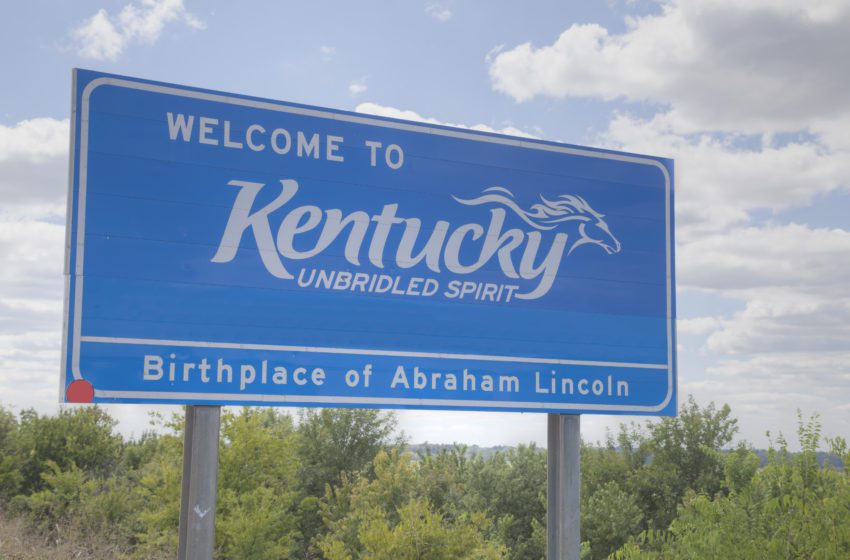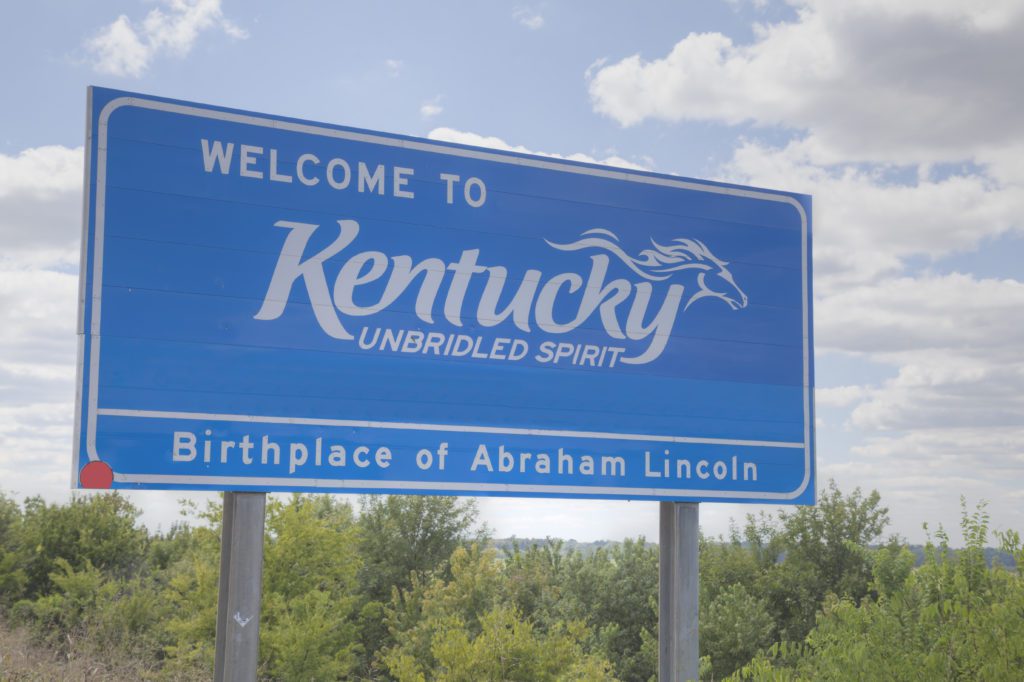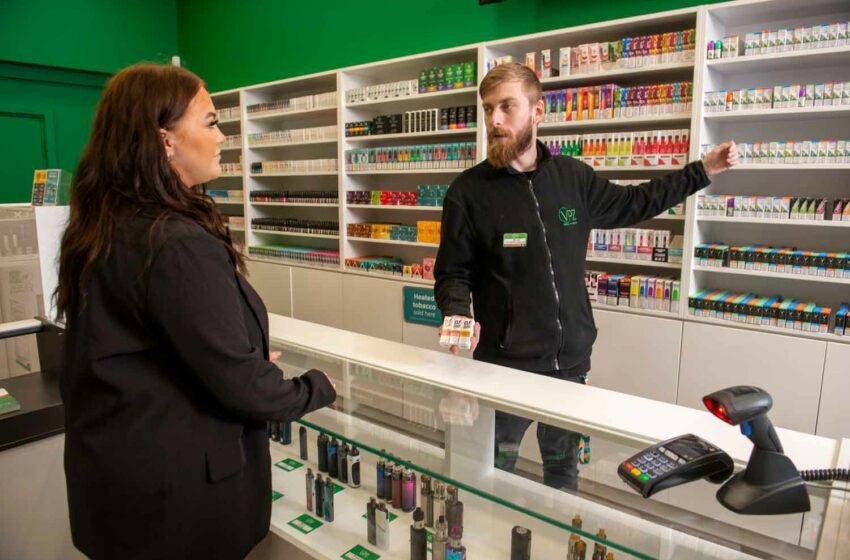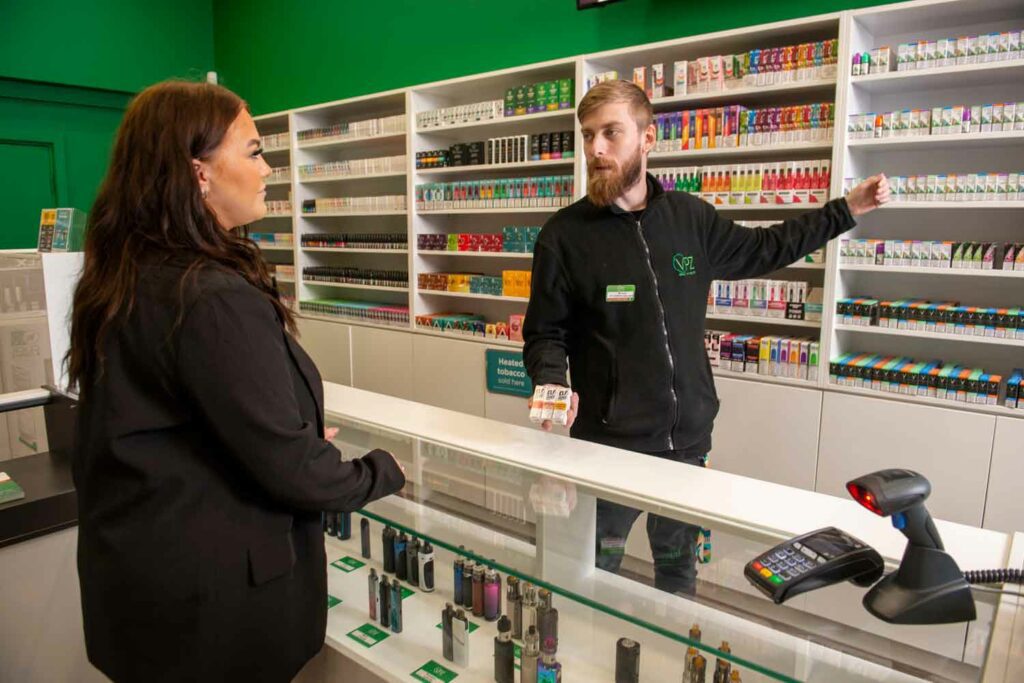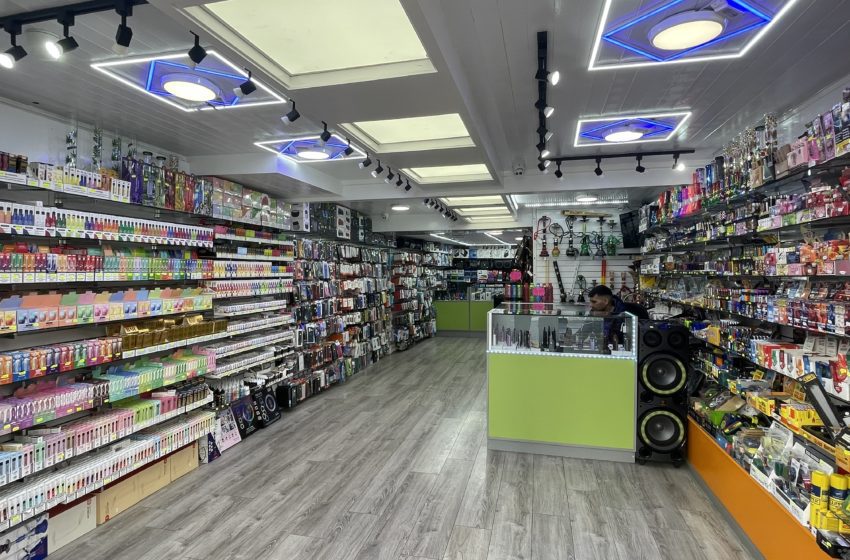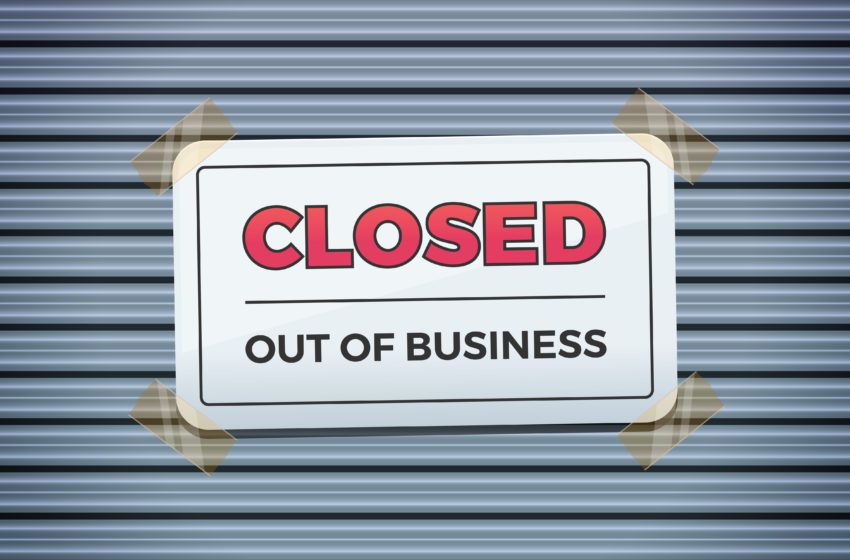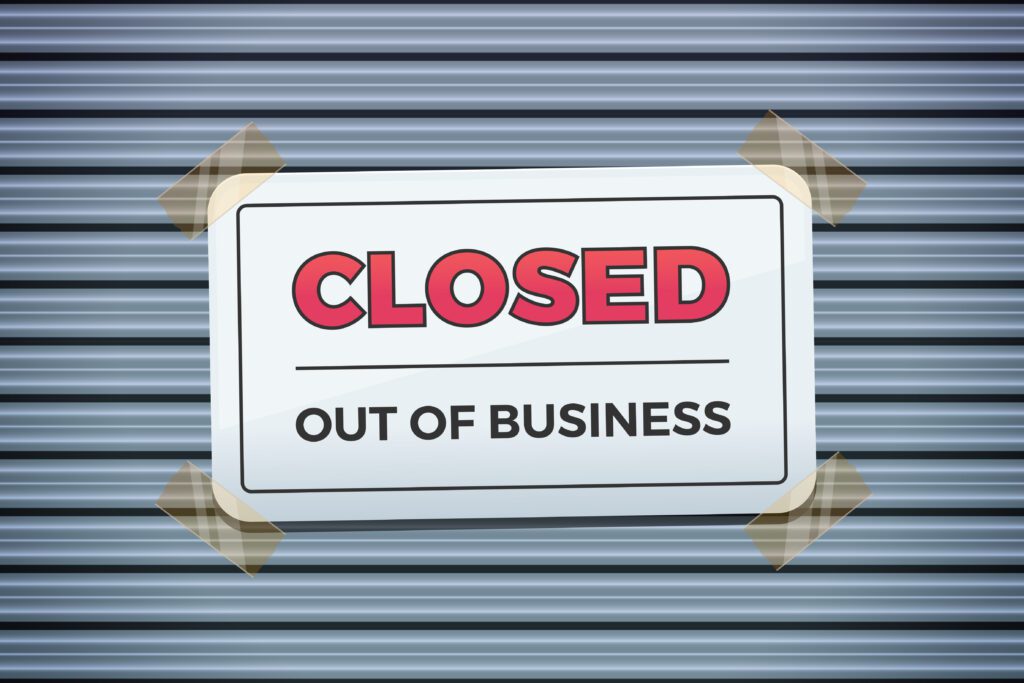
VPZ, a UK vaping retailer, is set to open 10 new stores by as part of a groundbreaking partnership with the supermarket chain Morrisons, with plans to expand further during 2025.
The new in-store outlets will expand the brand’s presence in communities throughout the UK, with
seven key locations in Leeds Hunslet, Birmingham Stirchley, Glenrothes, Peterhead, Darlington,
Stratford and Grantham.
The collaboration will also introduce a new innovative mobile pod concept for customer parking
areas, with two planned for Nottingham and one in Rotherham.
The partnership will drive positive change by making stop-smoking services more accessible in
communities throughout the country while educating smokers on the benefits of more sustainable
vaping products.
Greig Fowler, director at VPZ, said: “Our partnership with Morrisons to open 10 new stores is a
pivotal step in our mission to transform the health of our nation by empowering more people to
become smoke-free.
“I believe that together we will be making it easier for smokers to access the resources, help and
education they need to quit smoking, while also offering a convenient and sustainable shopping
experience.”


